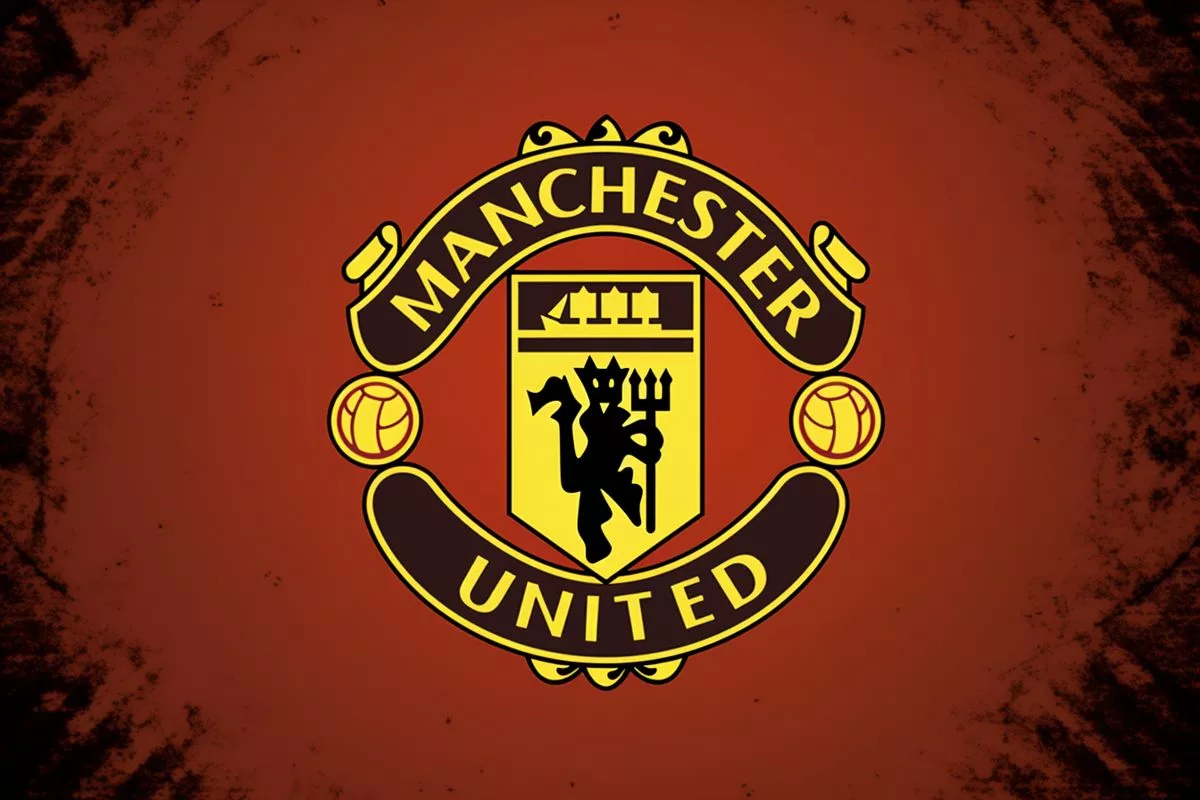Manchester United is undergoing significant changes with the resignation of chief executive Richard Arnold and the arrival of British billionaire Jim Ratcliffe as a minority stakeholder, who will invest £1.25 billion in the club’s football operations. Arnold’s departure marks the end of a significant chapter for the club, while Ratcliffe’s acquisition is expected to trigger a major overhaul of Manchester United’s football operations. The dedication of the club’s staff and supporters, acknowledged by Arnold himself, is expected to serve as a guiding beacon and motivating force for the team during this period of transformation.
What are the recent developments at Manchester United?
Manchester United’s chief executive, Richard Arnold, is set to resign, marking the end of a significant chapter for the club. Patrick Stewart, the current general counsel, will take over as the interim CEO. The club has also announced the arrival of British billionaire Jim Ratcliffe as a minority stakeholder, who will reportedly invest £1.25 billion in the club’s football operations. Ratcliffe’s acquisition is expected to trigger a considerable overhaul of Manchester United’s football operations.
Major Management Reshuffle
In a pivotal turn of events that will certainly echo across the soccer community, Manchester United communicated that Richard Arnold, its chief executive, is set to resign. Having served in this critical role since 2007, Arnold replaced Ed Woodward just a year ago. His exit signifies the close of a significant chapter, marked by both victories and hardships, and ushers in an era of potential upheaval and opportunity for revival at the club.
Arnold’s tenure will be remembered for his unwavering leadership through the highs and lows of United’s journey. He has often remarked that the unwavering support of the club’s employees and supporters has been a constant throughout his tenure. His appreciation for them underlines the deep-rooted mutual respect and dedication that Manchester United has been known for.
The club has also confirmed that Patrick Stewart, the current general counsel, will step in as the interim CEO upon Arnold’s resignation. This move reflects the club’s dedication to maintaining stability and consistency amidst these changes. Stewart’s extensive knowledge of the club’s operations, gained through his experience, is expected to be key in effectively managing his new position.
A Fresh Face in the Ownership Structure
The impending departure of Arnold isn’t the only substantial change in United’s future. The club recently shared news of the impending arrival of British billionaire Jim Ratcliffe as a minority stakeholder. Ratcliffe’s investment company, INEOS, is reportedly investing a whopping £1.25 billion ($1.56 billion) for this stake, thereby gaining considerable control over the club’s football operations.
Ratcliffe, who considers himself a lifelong United supporter, has spent a significant chunk of his 71 years in the Manchester region. His investment signifies a transformation in the club’s ownership structure and is expected to trigger a considerable overhaul of United’s football operations.
Ratcliffe’s impact will likely extend beyond the boardroom to have a direct impact on the field. His acquisition is expected to be accompanied by Dave Brailsford, the former performance director of British Cycling, who is expected to have a substantial role in his position as INEOS’s director of sport.
The Road Ahead
The importance of these changes cannot be understated. They come at a crucial point for United, which has had a rocky start to the 2023/24 campaign. The team’s performance, marked by nine defeats in their first 18 matches across all competitions, has left supporters and critics alike longing for improvement.
This period of change was perhaps hinted at by the Glazer family, the club’s owners, who revealed last year that they were considering “strategic alternatives” to enhance the club’s growth, suggesting a potential sale. Ratcliffe’s acquisition, although a minority stake, appears to be a manifestation of this strategic shift.
The path ahead for Manchester United is still taking shape, but one thing is clear: the club is on the cusp of a transformation. The exit of a longstanding executive and the introduction of a new minority stakeholder are set to shake up the club’s operations. As the club navigates the road ahead, filled with both challenges and opportunities, the dedication of its staff and supporters, acknowledged by Arnold himself, will likely serve as its guiding beacon and motivating force.
1. What is the significance of Richard Arnold’s resignation in Manchester United?
Arnold’s resignation as the chief executive of Manchester United marks the end of a significant chapter for the club and signals a potential era of upheaval and opportunity for revival. He has been in this role since 2007 and his exit is expected to trigger a major overhaul of Manchester United’s football operations.
2. Who will take over as the interim CEO of Manchester United after Richard Arnold’s resignation?
Patrick Stewart, the current general counsel, will step in as the interim CEO of Manchester United upon Arnold’s resignation. The club’s decision to appoint him reflects their dedication to maintaining stability and consistency amidst these changes.
3. Who is Jim Ratcliffe and what role will he play in Manchester United?
Jim Ratcliffe is a British billionaire who is set to become a minority stakeholder in Manchester United. His investment company, INEOS, will reportedly invest £1.25 billion in the club’s football operations, giving him considerable control over the club’s future. Ratcliffe’s impact is expected to extend beyond the boardroom to have a direct impact on the field.
4. What is the expected impact of Jim Ratcliffe’s acquisition on Manchester United’s ownership structure?
Jim Ratcliffe’s acquisition of a minority stake in Manchester United is expected to trigger a considerable overhaul of the club’s football operations. It signifies a transformation in the club’s ownership structure and suggests a potential strategic shift in the club’s growth plans.
5. What is the current state of Manchester United’s performance on the field?
Manchester United has had a rocky start to the 2023/24 campaign, marked by nine defeats in their first 18 matches across all competitions. This has left supporters and critics alike longing for improvement.
6. What will serve as the guiding beacon and motivating force for Manchester United during this period of transformation?
The dedication of Manchester United’s staff and supporters, acknowledged by Richard Arnold himself, is expected to serve as the guiding beacon and motivating force for the team during this period of transformation. As the club navigates the road ahead, filled with both challenges and opportunities, this is likely to be crucial in maintaining stability and achieving success.












